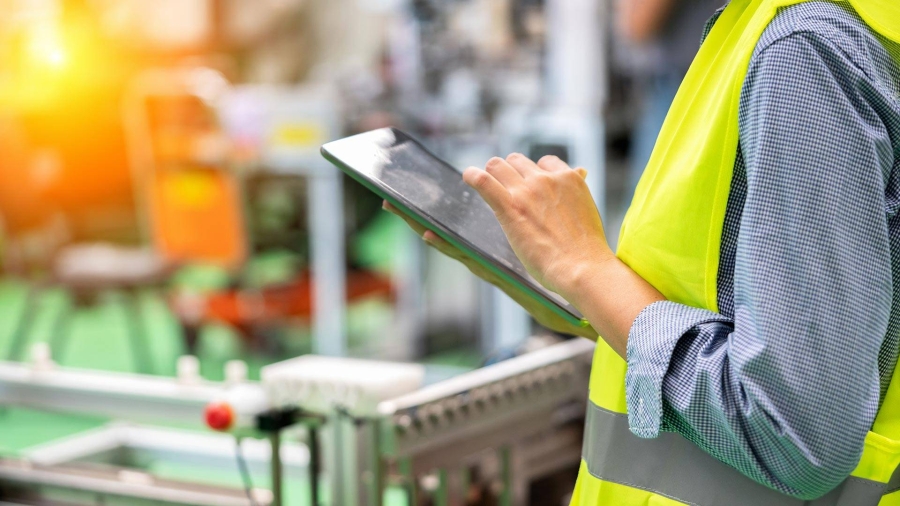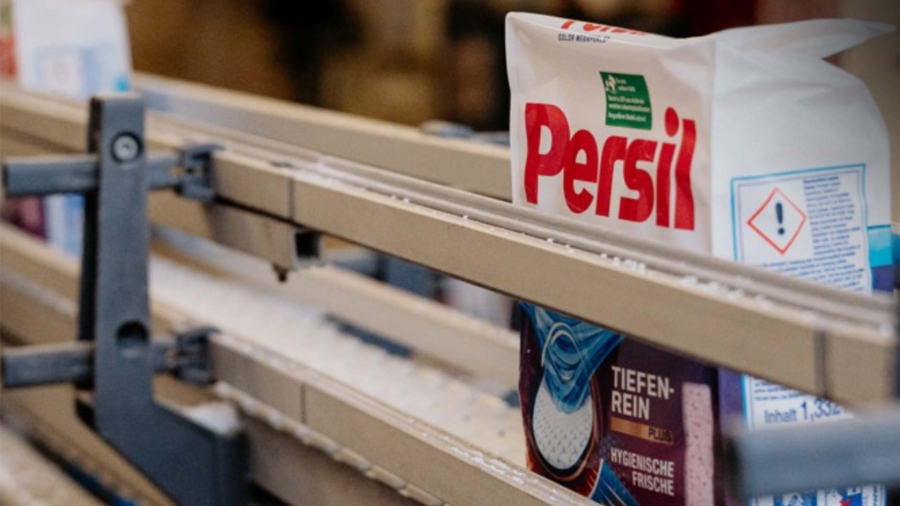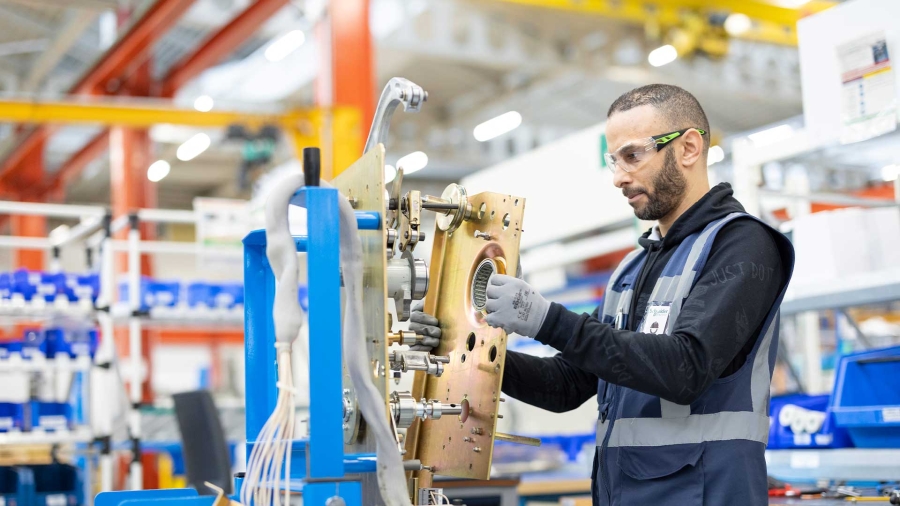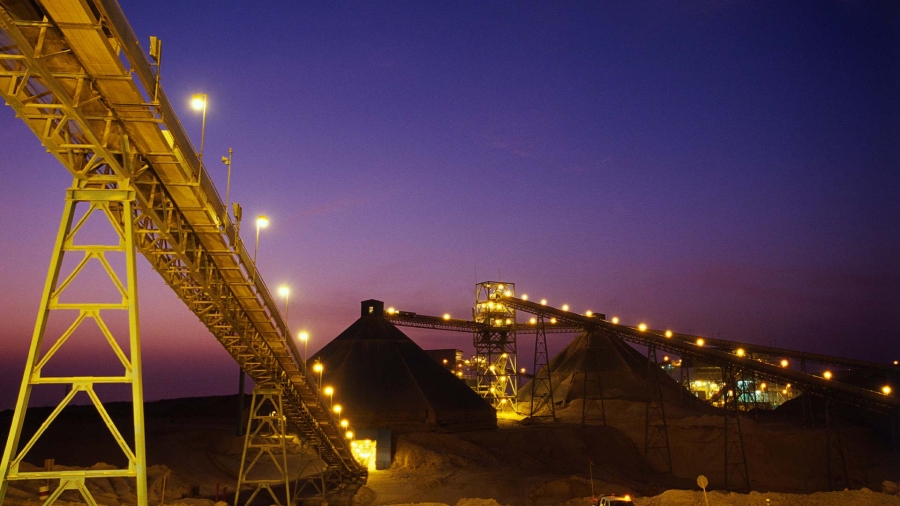By Barbara Frei, Executive Vice President, Industrial Automation, Schneider Electric and Francisco Betti, Head of Shaping the Future of Advanced Manufacturing & Value Chains; ExCom Member, World Economic Forum
Despite the multiple calls for action from climate scientists and civil society, evidence reported daily suggests current pledges are not enough to stop the climate crisis. The industrial sector is failing, and companies must act now if we want to limit the temperature rise to 1.5° C and meet the most recent goals set at COP26.
Switching to clean energy and being more efficient with resources can help lower direct greenhouse gas emissions but decarbonizing indirect emissions from industry remains a big challenge.
For companies producing electrically powered devices or equipment, indirect emissions may refer to emissions from the transportation and distribution of incoming raw materials and components and of finished products to customers. Tracking and tracing materials and goods effectively, reliably and responsibly could help improve processes, inventories, and deliveries, and reduce carbon emissions faster.
Read more about how industrial companies can benefit from the competitive advantage that better end-to-end traceability can offer.
This piece was first published on the World Economic Forum's Agenda blog on December 15, 2021.














